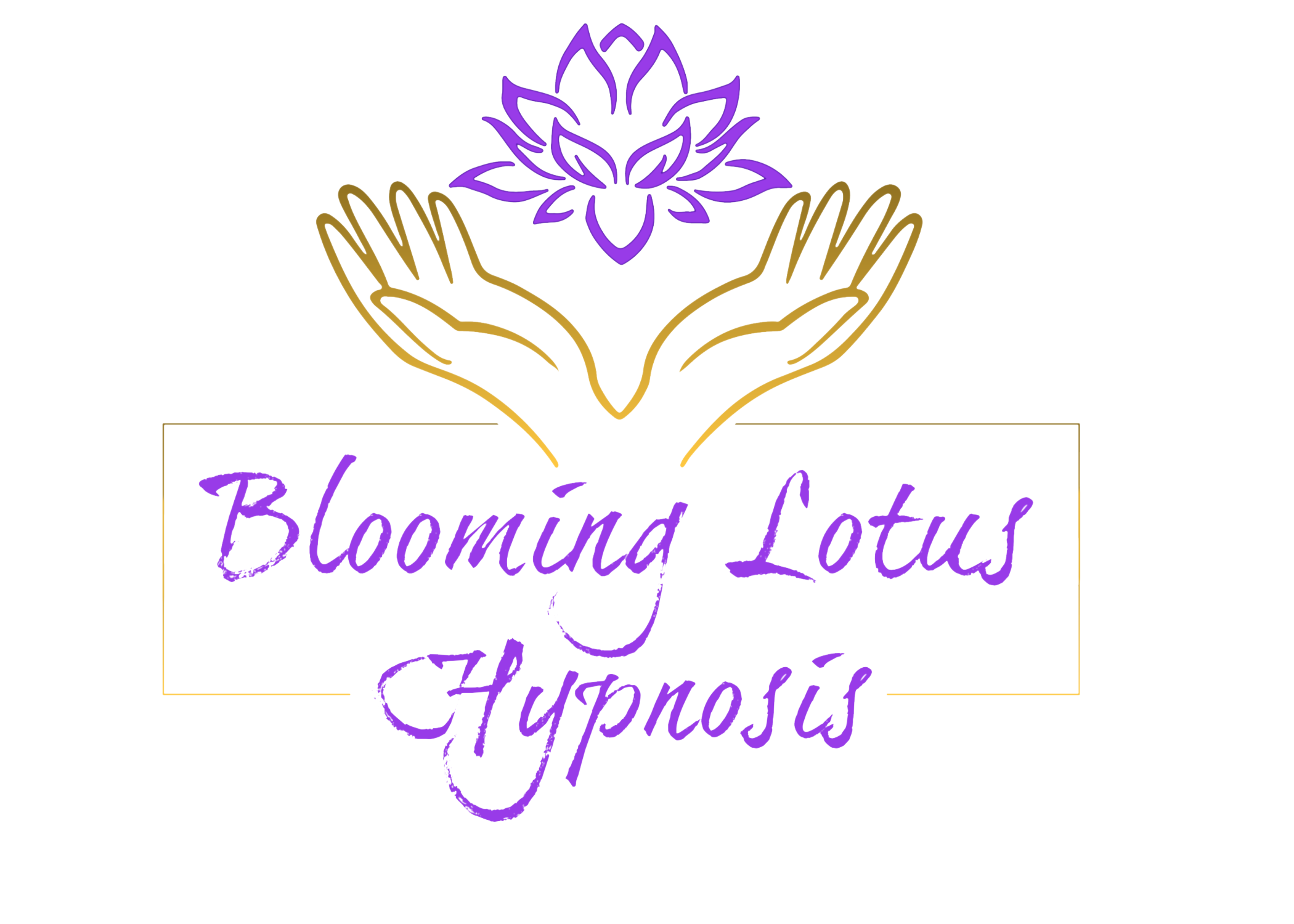Healthy Sleep
There are two kinds of people in this world: those that can sleep anytime and anywhere, or those that constantly struggle with drifting off to dreamland (you know who you are!). Sleep is important to our overall well-being. Sleep allows our bodies to repair and recover. Sleep deprivation, on the other hand, can cause a whirlwind of issues, including increased inflammation and a weakened immune system. Lack of sleep can also result in a lack of focus and poor attitude. Who wants to be grumpy all the time? We wouldn't want that to happen! On a more serious note, it is estimated that sleep-related problems affect 50 to 70 million Americans. I want to offer you some tips to help you and your loved ones, get better sleep:
Get off your phone! (and devices). Studies have shown that when we use technology before bed it makes it more difficult to get that deep, restful sleep our brain and body deserve. https://www.abc.net.au/news/health/2016-10-21/how-technology-use-messes-with-your-sleep/7950336
Establish a soothing pre-sleep routine. Drink some caffeine-free tea (not too much though), read a book, journal, or meditate. Establishing a relaxing evening routine will help calm down the nervous system and mental chatter, which in return will help you sleep better.
Don't be a nighttime clock-watcher! Sleep anxiety is a real thing. One thing that has helped me is to go to a quiet place in my house that doesn’t have any clocks on the walls.
Self-hypnosis—Self-hypnosis is a great way to get better sleep. How often have you tried to fall asleep but your mind kept racing? Hypnosis gives that busy part of your mind something to focus on and helps induce relaxation. Normally, most of our clients don't even finish the 20 minutes of self-hypnosis before they drift off.
